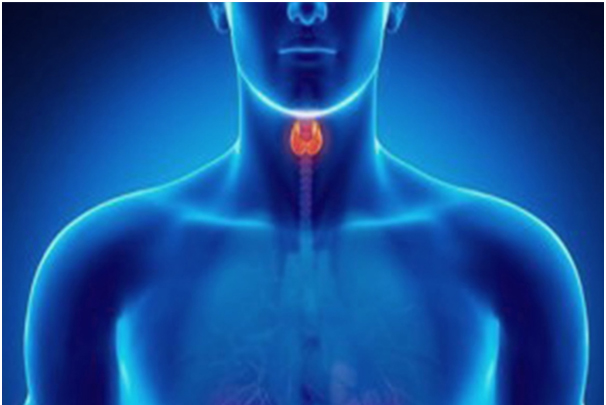
It involves the study, diagnosis and treatment of defects and problems associated with the endocrine system the system that is involved in the production of hormones. Hormones produced by these glands are sent into the bloodstream to the various tissues in the body They send signals to those tissues to tell them what they are supposed to do when the glands do not produce the night amount of hormones, diseases develop that affect many aspects of life. The department has been equipped with advanced technology and machines to diagnose and treat any complicated problems We treat all sorts of deficiencies that are on par with various glands of the body. The glands include Adrenal glands Two glands that sit on top of the kidneys that release the hormone cortisol Hypothalamus.
Four tiny glands in the neck that play a role in bone development
Pineal gland: A gland found near the center of the brain that may be linked to sleep patterns
Pituitary gland: Gland found at the base of the brain behind the sinuses it is often called the master gland because it influences many other glands
We treat various disorders of the glands and some of them include:
The adrenal gland releases too little of the hormone cortisol and sometimes, aldosterone Symptoms include fatigue, stomach upset, dehydration, and skin changes. Addison's disease is a type of adrenal insufficiency.
Overproduction of a pituitary gland hormone leads to an overactive adrenal gland. A similar condition called Cushing's syndrome may occur in people, particularly children, who take high doses of corticosteroid medications.
The thyroid gland produces too much thyroid hormone, leading to weight loss, fast heart rate, Sweating, and nervousness. The most common cause of an overactive thyroid is an autoimmune disorder called Grave's disease.
The thyroid gland does not produce enough thyroid hormone leading to fatigue, constipation, dry skin, and depression. The underactive gland can cause slowed development in children. Some types of hypothyroidism are present at birth.
The pituitary gland releases little or no hormones. It may be caused by a number of different diseases Women with this condition may stop getting their periods.
These rare, genetic conditions are passed down through families. They cause tumors of the parathyroid, adrenal, and thyroid glands, leading to overproduction of hormones.
The endocrine feedback system helps control the balance of hormones in the bloodstream if your body has too much or too little of a certain hormone, the feedback system signals the proper gland or glands to correct the problem.
For the general public to know the causes of endocrine disorders. Endocrine disorders are typically grouped into two categories